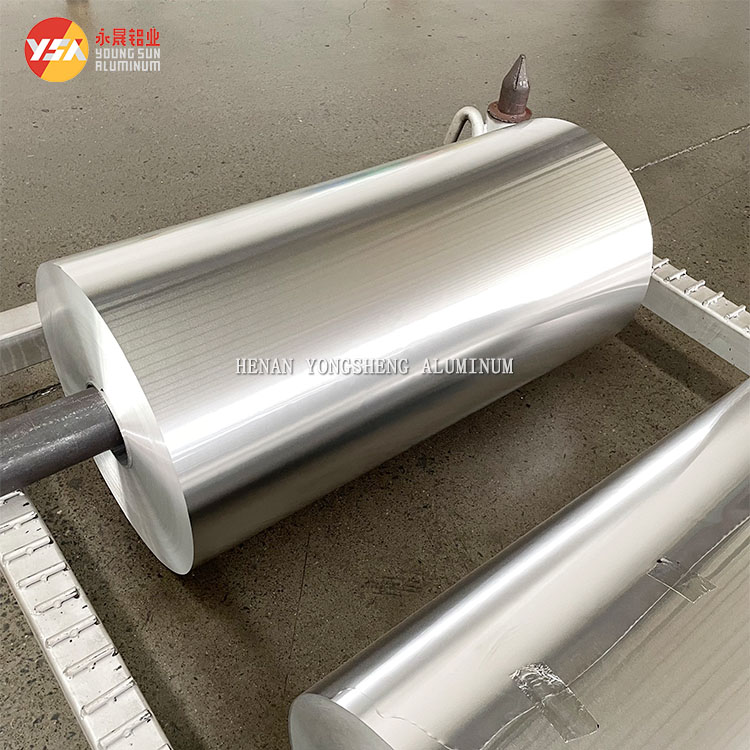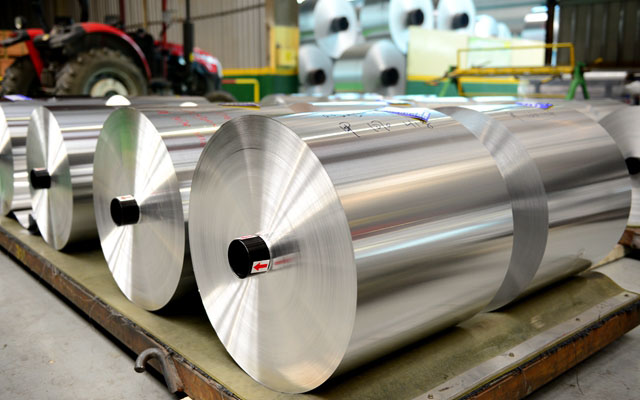High-density aluminum foil is a versatile material known for its unique properties and wide range of applications. This type of aluminum foil is characterized by its superior strength, excellent thermal and electrical conductivity, and remarkable barrier properties. Let’s delve into the remarkable properties of high-density aluminum foil and explore its various applications.
Superior Strength and Durability
High-density aluminum foil boasts impressive mechanical strength and durability. This makes it an ideal material for applications requiring robust and long-lasting performance. It is resistant to tearing and puncturing, which ensures the integrity of the packaged contents. This strength is particularly beneficial in packaging industries, where maintaining the protection of goods during transportation and storage is crucial.

Excellent Thermal Conductivity
One of the standout properties of high-density aluminum foil is its excellent thermal conductivity. This makes it highly effective in heat transfer applications. In the culinary world, it is commonly used for cooking, baking, and grilling, where it efficiently distributes heat to cook food evenly. Moreover, its ability to withstand high temperatures without deforming makes it a reliable material in various industrial processes.
Exceptional Barrier Properties
High-density aluminum foil provides an exceptional barrier against moisture, oxygen, light, and other environmental factors. This makes it an ideal choice for packaging perishable goods, pharmaceuticals, and other sensitive products. The barrier properties help in extending the shelf life of the products by preventing contamination and degradation.
Elektrische Leitfähigkeit
The electrical conductivity of high-density aluminum foil makes it useful in electrical and electronic applications. It is often used in the manufacturing of capacitors, transformers, and other electronic components where efficient electrical conduction is required. Its lightweight nature, combined with high conductivity, also makes it suitable for use in the automotive and aerospace industries.
Lightweight and Flexible
Despite its strength, high-density aluminum foil is lightweight and flexible. This combination of properties allows for easy handling and versatility in applications. Its flexibility enables it to be easily molded and wrapped around objects, making it useful for insulation purposes in both residential and industrial settings.
Reflective Properties
The reflective surface of high-density aluminum foil makes it an effective material for insulation and light reflection. It is commonly used in building insulation to reflect heat away and maintain indoor temperatures. Additionally, its reflective properties are utilized in solar panels and other energy-efficient applications to maximize energy absorption and efficiency.
Applications of High-Density Aluminum Foil
– Packaging: Used extensively in the food, beverage, and pharmaceutical industries for its barrier properties and strength.
– Culinary: Popular in kitchens for cooking, baking, and grilling due to its heat conductivity and durability.
– Industrial: Employed in insulation, electrical applications, and heat exchangers.
– Automotive and Aerospace: Utilized for lightweight and high-strength components, as well as for thermal and electrical applications.
– Energy: Applied in solar panels and insulation materials to enhance energy efficiency.

Schlussfolgerung
High-density aluminum foil is a remarkable material that combines strength, durability, thermal and electrical conductivity, and excellent barrier properties. Its versatility and unique characteristics make it indispensable in various industries, ranging from packaging and culinary to industrial, automotive, and energy sectors. As technology advances, the applications of high-density aluminum foil continue to expand, solidifying its importance in modern engineering and everyday life.


